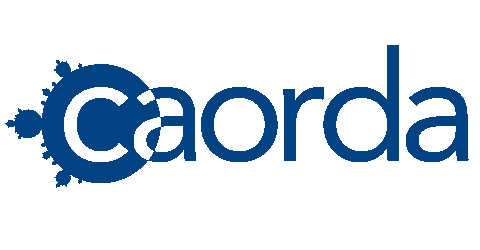Chamber applauds move to keep trade talks on track
Businesses are looking forward to the economic certainty that should come out of a new trade deal between Canada and the US.
The two nations are at the table now and are aiming to strike a deal before the end of the month.
On Sunday, Canada played a bargaining chip that will help Canadian businesses and consumers while also giving the US administration something to share with its followers.
“As the Canadian Chamber of Commerce has argued since the beginning, the decision to eliminate the DST makes sense,” Canadian Chamber Vice President of Government Relations David Pierce said. “This tax would have fallen on Canadian consumers, businesses, and investors in the form of higher costs and hurt our economy at a critical time. And removing it moves us one step closer to a renewed, reliable trade deal … that will help to secure and grow the already incredible $3.6 billion of trade a day between our countries.”
























